10mg Generic Cetirizine hayfever, Allergy Relief Tablets
BRANDS MAY VARY
Key features
- This product is a generic medicine with the same active ingredient as many well know shop brands.
- As Cetirizine Diydrochloride tablets are now a generic medicine the brands and packaging we supply may vary.
- Cetirizine Diydrochloride One-a-day 10mg tablets help prevent the symptoms associated with hayfever and high pollen counts as well as other allergic reactions caused by pets and dust mites
- Cetirizine Diydrochloride can also be taken for allergic skin reactions such as rash, itching and urticaria (more commonly known as Hives or Nettle Rash)
- Suitable for adults and children aged 6 years and over.
Description
What is an allergy?
An allergy is a disorder of the immune system which, causes an exaggerated response within the body when you come into contact with a foreign substance, that would be harmless in most people. The contact can be with your skin, mouth, gullet (oesophagus), stomach, intestine or with the lining of your lungs. Substances in the environment that cause the response are known as allergens and someone who suffers a response to a particular allergen is said to be allergic to it. If you are allergic to a particular allergen you may suffer from a mild cough or a sneeze attack, but for others the symptoms can be much more severe, and can even lead to death. Almost any substance can be an allergen for someone.
Allergies are generally the body’s way of eliminating something it considers unsuitable. Allergies are responsible for many illnesses, especially in young children. If you think you have an allergy, you must contact your doctor who will help you to control the symptoms.
What causes allergies?
An allergy occurs when the allergen in question e.g. pollen, triggers a reaction in the body of the individual. When the allergen comes into contact with the body, the immune system believes that the specific allergen is harmful and so produces an antibody called IgE (E-class Immunoglobin) to fight it. This antibody then triggers chemicals, including one called histamine to be released from cells (called mast cells) in our skin, lungs, nose or intestine, causing the various symptoms of an allergic reaction.
The most common allergens are as follows:
- The house dust mite is one of the most common causes of allergies and no matter how clean your house every household will have them. The warmth and humidity in most homes is an ideal breeding environment for them, therefore our beds are a haven for them and a single mattress can contain up to 2 million mites. Mite allergy is caused by the mite faeces, which when inhaled cause breathing problems (asthma) or can irritate the skin on contact.
- Pollen from grass, trees and weeds is the second most common cause of allergies. Pollen allergies are usually seasonal. This type of allergy is called hay fever.
- The family pet is also a common cause of an allergy. The majority of U.K. households have a pet with 40% of asthmatic children being allergic to cats and/or dogs. It is usually the skin/fur (animal dander) which causes the problem.
- Insects bites such as those from bees or wasps.
- Foods and drinks, such as milk, eggs, fish, wheat, soy, citrus fruits, seafood and peanuts. Colourings and preservatives can also trigger attacks.
- Cosmetics, toiletries, jewellery and washing powders all contain common allergens. Symptoms are typically identified by an itchy, red rash.
- Mould and mould fungus. Mould grows in damp conditions and is obvious in houses that have damp patches on the walls or black mould around window seals or bathrooms. Mould spores can also be found in the soil of house plants.
- Latex and rubber.
- Certain medicines and drugs, such as antibiotics and anaesthetics.
What symptoms are linked with an allergy?
There are many different types of allergies and the symptoms can vary according to what the allergen is, how severe the reactions and what part of the body is involved.
Common symptoms of an allergy may include:
– Attacks of sneezing or a runny nose (usually key symptoms of an allergy).
– Blocked nose and sinus pain.
– Watery, itchy eyes.
– Itchy, red rashes or inflamed skin (eczema or dermatitis).
– Number of raised bumps or weals surrounded by red skin, which can be itchy. This is known as urticaria, hives or nettle rash. Urticaria can be caused by allergies to animals, foods, bee stings or medicines.
– Coughing.
– Swelling of the lips and tongue.
– Diarrhoea.
– Sickness and vomiting.
– Itchy, sore throat.
– Wheezing and shortness of breath (asthma attacks).
– Anaphylaxis, the most extreme of allergic reactions.
How many people suffer from allergies in the U.K.?
The number of people with allergies has increased dramatically over the past 20 years:
– 1 in 3 people will at some time in their life suffer from an allergy.
– 1 in 5 people suffer from hay fever (Over 9 million in the U.K. are thought to be affected).
– 1 in 5 school children are thought to be affected by asthma.
– Approximately 6 million people have eczema.
Why do people get allergies?
It is unknown exactly why people get allergies, some experts believe they could be hereditary. This is especially true for certain reactions such as, asthma, eczema and hay fever. If one or both parents have allergies there is a high chance the child will also have allergies. However, the child only inherits the likelihood of having allergies, not a particular allergy. A child is also more likely to develop allergies if exposed to passive smoking.
There has been a great amount of research done of late and many experts believe, that the increase in people developing allergies, could be due to the lifestyles many of us lead and the effect it has on our immune system. Another theory is the increased pollution from vehicle exhausts and other environmental pollutants.
How do I know if I have an allergy?
If you have experienced any of the symptoms mentioned above then you may have suffered an allergic reaction, if so you should seek you doctor’s advice. If you are not sure what caused your reaction you should try to write down the following:
- When your reaction occurs, is it at any particular time of the day or year and how often?
- Which part of the body is affected?
- How severe are the symptoms?
- Do you sneeze or wheeze when you clean the house?
- Are there any remedies that improve your symptoms?
- Is there anything that seems to make your symptoms worse?
- Do your symptoms improve/worsen when at work/home/outdoors?
- Is there a family history of allergies?
- Have you eaten anything different?
- Have you been in contact with any animals?
This will help your doctor identify the specific allergen. Finding out if you have a certain allergy and what the possible causes are, will help your doctor decide what treatment you may need or what you can do to help yourself. If you have had a severe allergic reaction you should seek medical advice immediately.
How are allergies treated?
Prevention is the key in allergy sufferers, so if you know you have an allergy to something you should make the effort to avoid or reduce contact with the specific allergen. To control allergy symptoms you should try the following tips:
– Remove all carpets and switch to wooden floors, tiles or vinyl to reduce the presence of the house dust mite.
– Vacuum soft furnishings frequently or switch to leather or vinyl sofas and chairs.
– Keep your house well ventilated (open windows when cooking and bathing) to reduce humidity levels and prevent mould from forming.
– Wash bedding weekly at a temperature of 60°c or above to kill off any allergens.
– Buy special mattresses and pillow coverings that are resistant to the dust mite.
– Regularly dust and vacuum your house to reduce the population of house dust mites. Ensure your vacuum cleaner has the British Allergy Foundation seal of approval to remove dust mites and cat and dog allergens.
– Put your child’s soft toys in a bag in a freezer for at least 12 hours every month or wash them frequently at high temperatures to kill off dust mites.
– Don’t buy pets but if you do have them, keep them outside and never allow them in a bedroom.
– Use non-scented and hypoallergenic products.
– Use gloves when handling chemicals, solvents and detergents.
Loratadine (Clarityn) vs Cetirizene (Piriteze, Zirtek) tablets
What is the difference?
Loratadine and Cetirizene are the two most common over-the counter treatments for allergies producing very similar results. They are both known as anti-histamines. They work by calming the body’s immune system to allergens. Some people react better to one type of medicine than the other (we sell them both) so we cannot suggest which is better so would simply state that you try them both and see what works best for you.
How to use
Before you take this medicine
This medicine can be taken by adults and children aged 6 years and over. However, some people should not take this medicine or should seek the advice of their pharmacist or doctor first. Please view the section on Ingredients and Precautions.
Usage
Check the foil is not broken before use. If it is, do not take that tablet.
If your doctor has prescribed this medicine, always take Cetirizene Dihydrochloride 10mg tablets exactly as your doctor has told you. Otherwise follow the instructions below. You should check with your doctor or pharmacist if you are not sure. The tablets should be swallowed, preferably with a drink of water.
The usual dose is:
Adults and Children over 12 years of age
One Cetirizene Dihydrochloride 10mg tablet once daily.
Children aged 6 – 12 years of age:
Half a tablet, twice a day.
Children under 6 years of age
Cetirizene Dihydrochloride is not recommended for children under 6 years of age.
Ingredients and Precautions
Ingredients
- The active substance is cetirizine dihydrochloride.
- The other ingredients are lactose anhydrous, microcrystalline cellulose, colloidal anhydrous silica, magnesium stearate, sodium croscarmellose, hydroxypropylmethylcellulose (E464), polydextrose, titanium dioxide (E171), and macrogol/polyethylene glycol 4000.
Do NOT take Cetirizene Diydrochloride 10mg tablets
- have severe kidney disease (severe renal failure with creatinine clearance below 10 ml/min)
- are allergic to cetirizine dihydrochloride or any of the other ingredients (listed in section 6) or to hydroxyzine or to piperazine derivatives (closely related active substances of other medicines)
Warnings and precautions
Talk to your doctor or pharmacist before taking Cetirizine tablets if:
- you are a patient with renal insufficiency, please ask your doctor for advice; if necessary, you will take a lower dose. The new dose will be determined by your doctor.
- you have problems passing urine (like spinal cord problems or prostate or bladder problems), please ask your doctor for advice.
- you are an epileptic patient or a patient at risk of convulsions, you should ask your doctor for advice.
No clinically significant interactions have been observed between alcohol (at the blood level of 0.5 per mille (g/l) corresponding to one glass of wine) and cetirizine used at the recommended doses. However, there are no data available on the safety when higher doses of cetirizine and alcohol are taken together. Therefore, as it is the case with all antihistamines, it is recommended to avoid taking Cetirizine with alcohol.
If you are scheduled for allergy testing, ask your doctor if you should stop taking Cetirizine for several days before testing. This medicine may affect your allergy test results.
Other medicines and Cetirizine tablets
Tell your doctor or pharmacist if you are taking, have recently taken or might take any other medicines.
Cetirizine tablets with food and drink
Food does not affect absorption of Cetirizine.
Pregnancy, breast-feeding and fertility
If you are pregnant or breast-feeding, think you may be pregnant or are planning to have a baby, ask your doctor or pharmacist for advice before taking this medicine.
Cetirizine should be avoided in pregnant women. Accidental use of the drug by a pregnant woman should not produce any harmful effects on the foetus. Nevertheless, the medicine should only be administered if necessary and after medical advice.
Cetirizine passes into breast milk. Therefore, you should not take Cetirizine during breast-feeding unless you have contacted a doctor.
Driving and using machines
Clinical studies have produced no evidence of impaired attention, alertness and driving capabilities after taking Cetirizine at the recommended dose.
You should closely observe your response to the drug after you have taken Cetirizine if you are intending to drive, engage in potentially hazardous activities or operate machinery. You should not exceed the recommended dose.
Cetirizine tablets contains Lactose
If you have been told by your doctor that you have an intolerance to some sugars contact your doctor before taking this medicinal product.
If you take more Cetirizene Hydrochloride 10mg tablets than you should
If you think you have taken an overdose of Cetirizine please inform your doctor. Your doctor will then decide what measures, if any, should be taken. After an overdose, the side effects described below may occur with increased intensity. Adverse effects such as confusion, diarrhoea, dizziness, tiredness, headache, ailing, dilating of pupil, itching, restlessness, sedation, somnolence, stupor, abnormal rapid heart rate, tremors and urinary retention have been reported.
If you forget to take Cetirizine tablet
Do not take a double dose to make up for a forgotten dose. If you forget to take a tablet, you should take one as soon as you remember, but wait at least 24 hours before taking your next tablet.
If you have any further questions on the use of this medicine, ask your doctor or pharmacist.
Possible side effects
Like all medicines, this medicine can cause side effects, although not everybody gets them.
The following side effects are rare or very rare, but you must stop taking the tablets and speak to your doctor straight away if you notice them:
Allergic reactions, including severe reactions and angioedema (serious allergic reaction which causes swelling of the face or throat). These reactions may start soon after you first take the medicine, or it might start later.
Common side effects (may affect up to 1 in 10 people)
- Somnolence (sleepiness)
- Headache
- Dizziness
- Dry mouth
- Fatigue
- Nausea
- Pharyngitis, rhinitis (in children)
- Diarrhoea
Uncommon side effects (may affect up to 1 in 100 people)
- Agitation
- Paraesthesia (abnormal feelings of the skin)
- Abdominal pain
- Pruritus (itchy skin), rash
- Asthenia (extreme fatigue), malaise
Rare side effects (may affect up to 1 in 1,000 people)
- Allergic reactions, some severe (very rare)
- Depression, hallucination, aggression, confusion, insomnia
- Convulsions
- Tachycardia (heart beating too fast)
- Liver function abnormal
- Urticaria (hives)
- Oedema (swelling)
- Weight increased
Very rare side effects (may affect up to 1 in 10,000 people)
- Thrombocytopenia (low levels of blood platelets)
- Tics (habit spasm)
- Syncope, dyskinesia (involuntary movements), dystonia (abnormal prolonged muscular contractions), tremor, dysgeusia (altered taste)
- Blurred vision, accommodation disorder (difficulty focusing), oculogyration (eyes having uncontrolled circular movements)
- Angioedema (serious allergic reaction which causes swelling of the face or throat), fixed drug eruption
- Abnormal elimination of urine (bed wetting, pain and/or difficulty passing water)
Not known side effects (frequency cannot be estimated from the available data)
- Increased appetite
- Suicidal ideation (recurring thoughts of or preoccupation with suicide)
- Amnesia, memory impairment
- Vertigo (sensation of rotation or movement)
- Urinary retention (inability to completely empty the urinary bladder)
Reporting of side effects
If you get any side effects, talk to your doctor, pharmacist or nurse. This includes any possible side


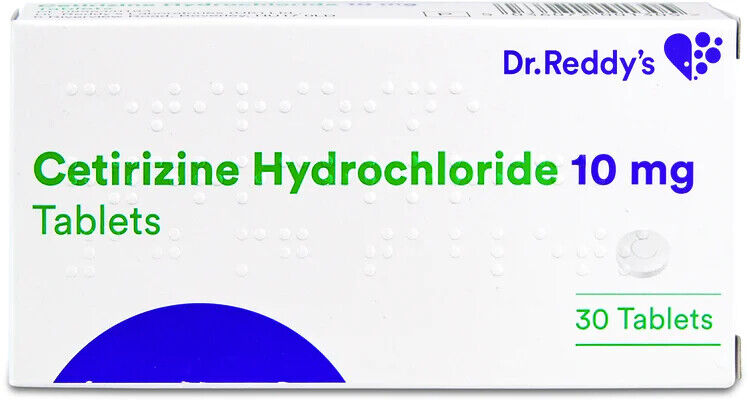
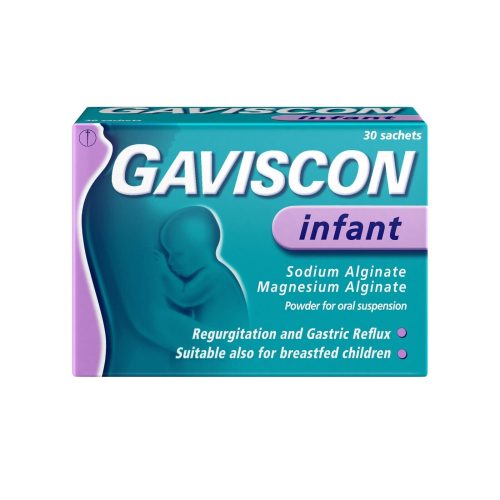

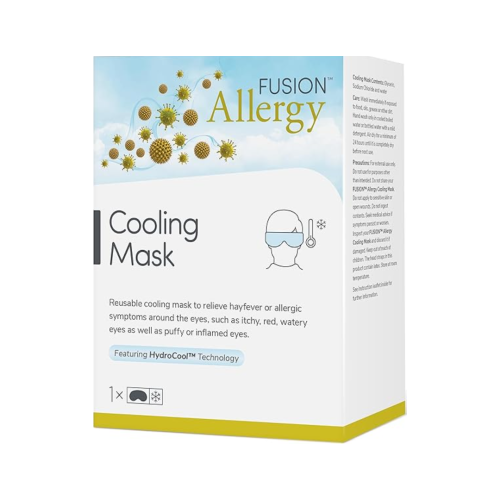
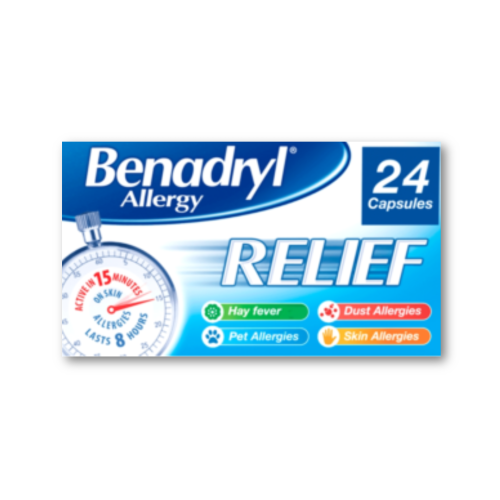
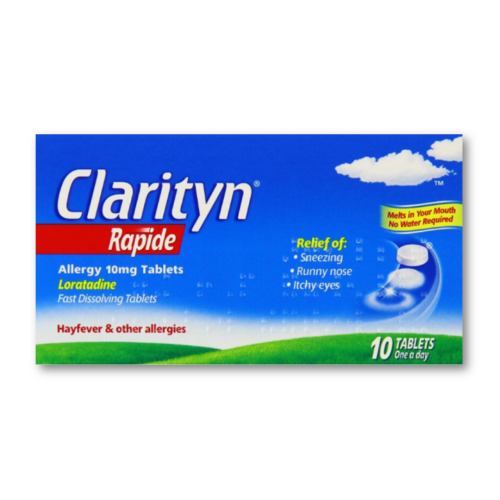


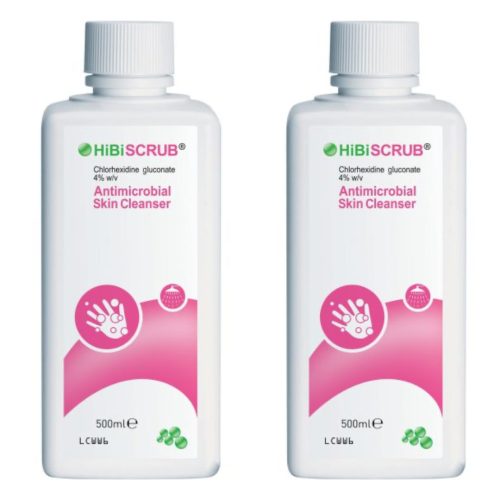
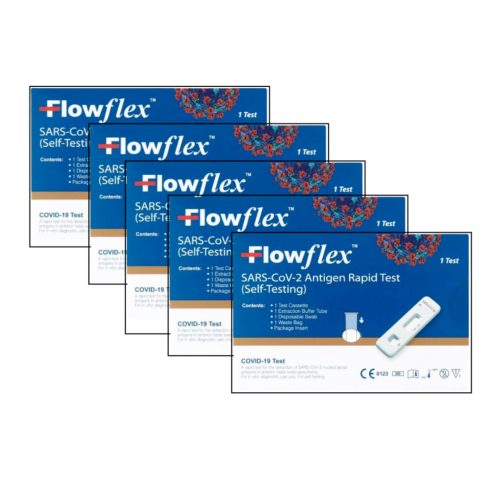
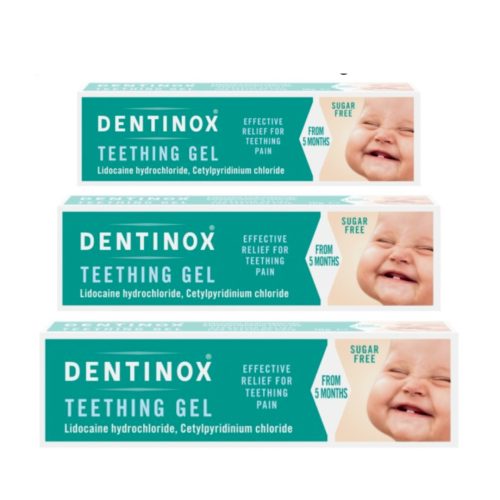
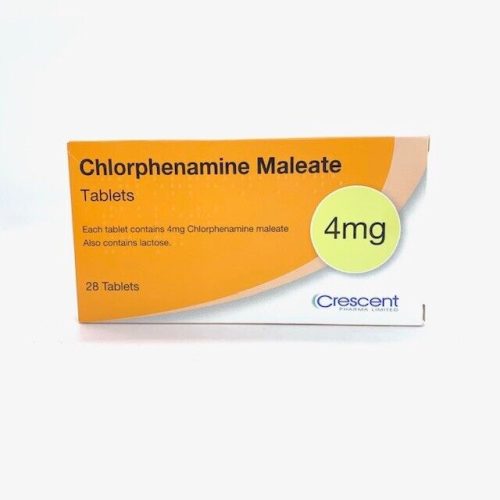

Reviews
There are no reviews yet.